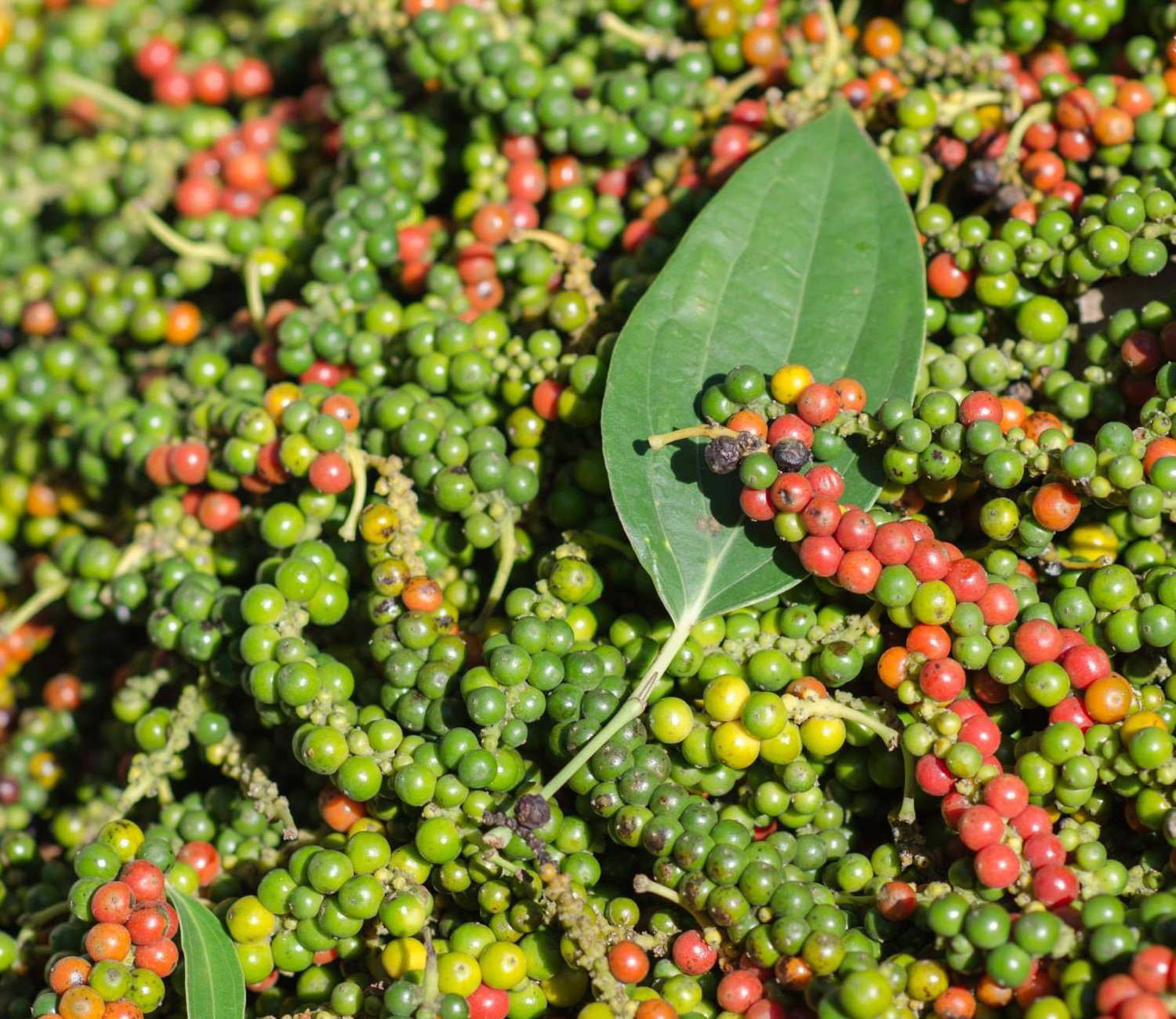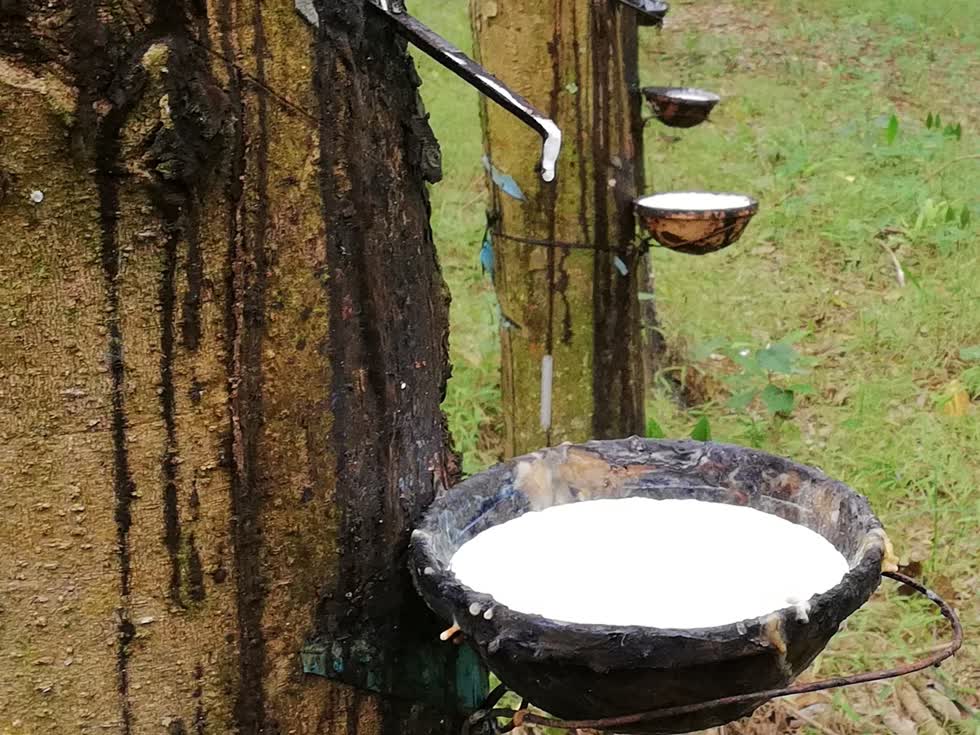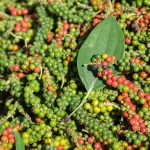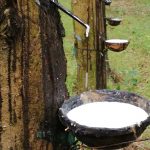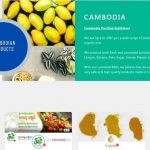The launch of Cambodia’s National Cassava Policy 2020-2025 yesterday delivered new energy to the boosting of production and exports for the crop.
This policy sets robust commitments for the diversification of Cambodia’s economic bases away from traditional sectors. It envisions a pathway to move up currently active and potential new value chains.
Cambodia is the fourth largest cassava producer in Asia and the tenth largest globally. Over 12 million tonnes of fresh cassava root was harvested in 2020 and the new plan aims to boost and diversify growth and exports in the years ahead.
Nick Beresford, Resident Representative, United Nations Development Programme (UNDP) Cambodia, said the new policy will protect livelihoods in remote communities and help power Cambodia’s sustainable development for years to come.
He said it sets out a clear, strategic vision and includes crucial practical measures to develop the sector in line with the National Strategic Development Plan for inclusive growth and poverty reduction. Cassava offers huge opportunities for Cambodia to position itself in regional value chains, both as a direct supplier and processor of semi processed and end-products for local and global markets, he added.
“The UNDP is proud to support the government with three crucial projects around cassava. They are the Second China-Cambodia-UNDP Trilateral Cooperation on Cassava Project, the Second Cambodia Export Diversification and Expansion Programme – and the Accelerating Inclusive Cassava Market Development project,” said Beresford.
Economies of scale from these initiatives enable the building of processing factories and a move up the value chain to the benefit of the sector, he maintained.
Beresford added that moving beyond exporting cassava in dry chip form and producing starch opens up many more international markets by meeting the demand for starch in products including food, pharmaceuticals and industrial applications such as bio-ethanol, capsules, paper, noodles, sweeteners and silica.
“Cassava production in Cambodia is globally competitive. The average yield per hectare is high and production costs are low. The price of cassava root brought from Cambodian farms is also cheaper than many competitors,” Beresford added.
Cassava is a hardy crop that can withstand the growing impact of climate change.
While many farmers have struggled with more extreme weather in recent years, cassava fares better than many other crops, giving reasonable yields despite extreme weather events and poor soil conditions, said Secretary of State of Ministry of Agriculture, Forestry and Fisheries (MAFF) Mam Amnot.
“With production of 12 million tonnes per year, cassava is an industrial crop with potential to improve the livelihoods of farmers and exports,” he added. Amnot said that in 2020, Cambodia had 628,894 hectares of cassava plantations with harvested areas of 582,055 hectares yielding 12 million tonnes of production.
“Based on the vision set out in the cassava policy, the MAFF will work with related stakeholders to address challenges facing this sector in line with the framework of its Agriculture Sector Strategic Development Plan 2019-2023,” said Amnot.
Minister of Commerce Pan Sorasak said Cassava is key to Cambodia’s socio-economic development and to reap the full rewards in future, the ministry aims to upgrade the value chain by strengthening capacity and moving quickly to secure emerging market opportunities.
He added the policy aims to make Cambodia a reliable producer, processr and supplier of cassava products for export to the world market. Transforming from subsistence agricultural production to agro-industrial-based development is one of the government’s top priorities in creating new and better jobs and skills development. This course will raise Cambodian incomes and it links cross-cutting sectors to enhance economies of scale.
The Minister said the policy also supports potential cassava processors and can attract investment to process high value-added cassava products and enhance trade competitiveness by penetrating and capturing market share. .
“The policy will position cassava at the centre of our efforts to develop Cambodia’s agro-industrial sector and aims to enlarge the economic base to help meet the Royal Government of Cambodia’s development goals from 2030 through 2050,” said the commerce minister.
The new national policy was developed by the government’s cassava working group and approved by the government of Cambodia on Aug 14, 2020.
The launch of the policy marks the beginning of a new journey in Cambodia’s agribusiness development towards inclusive growth, poverty reduction and the full realisation of the Royal Government of Cambodia’s Industrial Development Policy 2015-2025.
This article was first published in Khmer Times. All contents and images are copyright to their respective owners and sources.




